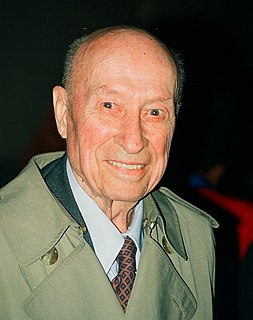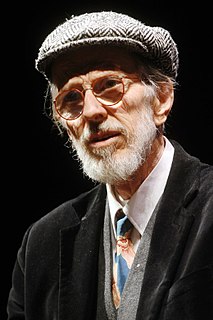A Quote by Richard Kern
What bothers people more than anything is that I'm an old guy taking photos of them. But maybe if you look at the photos, 20, 30 years later, it's not going to matter who took the photos. I mean, they would just be there. People will hopefully get over that.
Related Quotes
Some of my favorite photos from the old days are of people who maybe didn't know how to smile. Maybe smiling in photos wasn't an accepted form of behavior back then. But the big eyes and the oversized dolls that people are carrying, and it's something about their hair - the anachronisms of these photos are really what creep me out.
I took photos from 1976 to when I left in 1993, primarily for Interview and a column I had called "Bob Colacello's Out" which Andy had conceived of. I've never taken a picture since, not even with my phone! It just felt too Andy Warhol to keep going around town taking photographs. And I never really thought of doing anything with them after I left the magazine until this great Art Director Sam Shahid about for or five years ago asked where all of the old photos were.
I've never really been interested in the vintage photos people pay lots of money for -- civil war tintypes or old daguerrotypes of famous people. Nor do I have any interest in the really gross, dark stuff that some people pay top-dollar, like post-mortem photos of babies (yuck) or press photos of old murder scenes or whatever. I collect in these little niches most other people don't care about -- dark-and-weird-but-fun -- and photos that have been written on, which a lot of sellers think hurts their value. All of which is good news for me!
Show us 14 photos of yourself and we can identify who you are. You think you don't have 14 photos of yourself on the internet? You've got Facebook photos. People will find it's very useful to have devices that remember what you want to do, because you forgot... But society isn't ready for questions that will be raised as a result of user-generated content.
Learning that aesthetic as a kid - seeing those photos - made me think that that's what photos are supposed to look like. I never understood snapshots. I was looking at them like, "This is horrible; that's not what a picture is supposed to look like." I was taught by these photos. So when I picked up the camera, though I had never done it before, I kind of already knew what I was doing.
I photograph continuously, often without a good idea or strong feelings. During this time the photos are nearly all poor, but I believe they develop my seeing and help later on in other photos. I do believe strongly in photography and hope by following it intuitively that when the photographs are looked at they will touch the spirit in people.
I'm not in the media that much, so people don't know my personality very well - they just know my work. I feel bad for people who have to read about my personal life and my relationships and see photos of me going through security at an airport. It's like watching a commercial for a hamburger that looks delicious, like a Big Mac, and then going to where they make it and taking photos of what it looks like behind the counter, and it's horrifying.
There are a lot of things that got me into working with photos. The main thing is that I saw both what was being said and not being said with photos in the newspapers... I found out how you can fool people with photos, really fool them... You can lie and tell the truth by putting the wrong title or wrong captions under them, and that's roughly what was being done.
Instagram is a media company. I think we're about visual media. I explain ourselves as a disruptive entertainment platform that enables communication through visual media. I don't think it's just photos. There's a reason we don't allow you to upload photos on the Web as albums. It's not about taking all these photos off your DSLR putting them into an album and sharing them with your family. It's not about that. It's about what are you up to right now out in the real world, how can you share that with everyone.





































